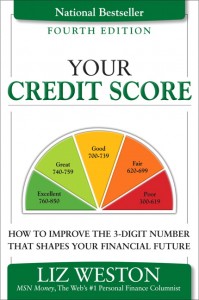 Today’s top story: Are you behind the financial times? Also in the news: How to better organize your bills, talking with your family about inheritance, and learning the five parts of your credit score.
Today’s top story: Are you behind the financial times? Also in the news: How to better organize your bills, talking with your family about inheritance, and learning the five parts of your credit score.
6 Signs You’re Behind the Financial Times
Still writing checks?
4 Ways to Better Organize Your Bills
And kiss late fees goodbye in the process.
On Inheritance, UBS Urges Families to Break the Silence
The importance of difficult conversations.
Everyone Should Know the 5 Parts of a Credit Score; Do You?
Let’s find out.
5 Ways to Make Peace With Money
What to do when money is your nemesis.




